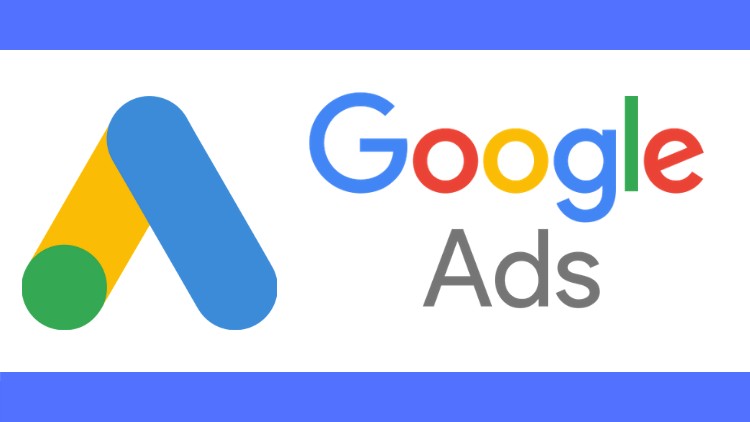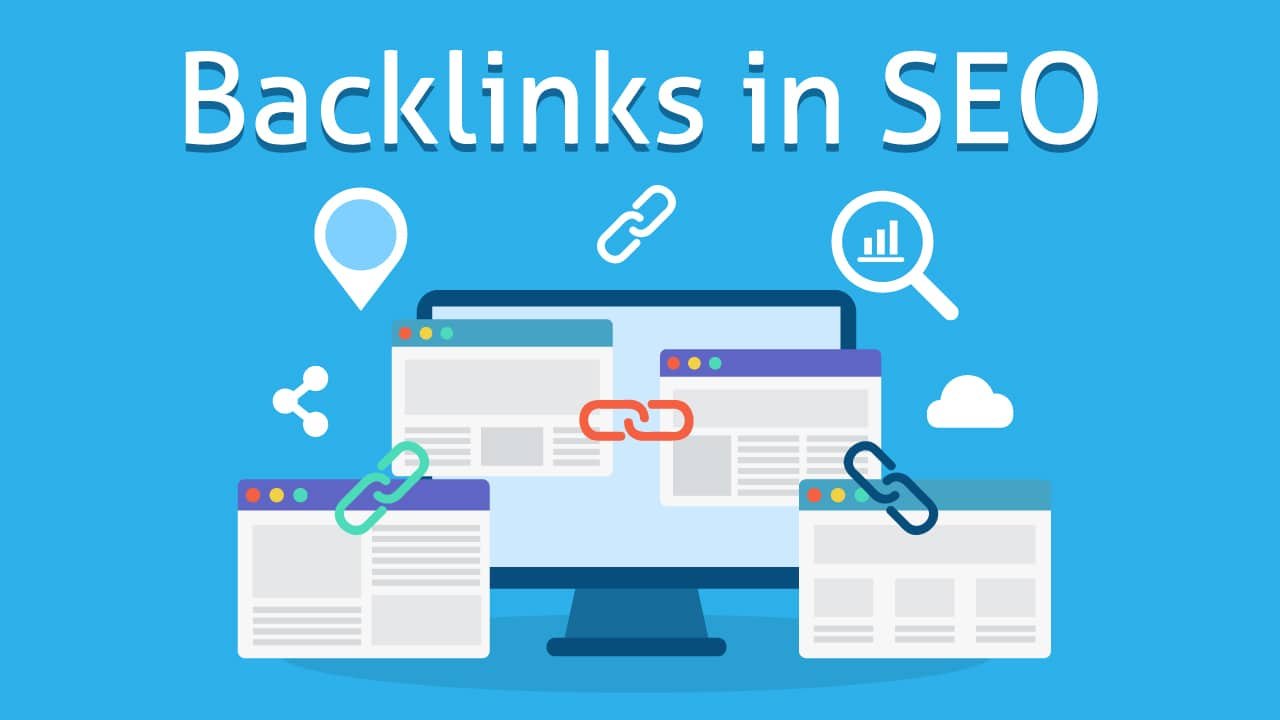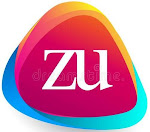34 Terminologies for SEO-Friendly Blogs
Introduction
This article or blog is specifically designed for those content writers who love to write content for blogs and websites. For online publishing, writing content on any topic is not enough. While writing some content for your blogs or websites, you have to keep in mind certain SEO rules and techniques in order to succeed in your purpose and reach the audience online. The content must be SEO-friendly and could be selected for monetization. So, as you go through this article, you will be able to learn about some essential SEO terms and terminologies to be kept in mind while writing some content for blogs and websites.
Some essential terminologies for blogs or website writing are:
Blog
· A blog is also called a web log or weblog.
· Blog refers to an online journal where an individual, group, or corporation presents a record of activities, thoughts, or beliefs.
· A blog is an informational website published on the www consisting of discrete, often written in an informal or conversational style.
· A blog displays information in reverse chronological order.
Blog monetization
Blog monetization refers to making money from the online content on your blog.
Website
· Website refers to a collection of web pages and related content that is identified by a common domain name and published on at least one web server.
· Websites are designed to sell products or services online.
Website SEO content
Website SEO content refers to creating content that helps your web pages to rank high in the search engines.
Crawling
· Crawling refers to the process of finding new or updated pages to add to Google.
· Crawling is the process through which indexing is done. Google crawls through the web pages and indexes the pages.
Website crawling
Website crawling refers to the automated fetching of web pages by a software process, the purpose of which is to index the content of websites so they can be searched.
Search engine
· A search engine refers to a web-based tool that enables users to locate information on the www.
· A search engine is a software system designed to carry out web searches. They search the www in a systematic way for particular information specified in a textual web search query.
· Search engines act as filters for the wealth of information available on the internet.
· Some popular search engines are Google, Yahoo, MSN, Bing, Ask.com, and Baidu.
Search engine ranking
Search engine ranking refers to the spot a URL takes on the results page of a search engine.
Search engine results page (SERP)
SERP refers to the search results generally presented in a line of results.
Search visibility
Search visibility refers to how prominently a piece of content is displayed in search engine results.
SEO
· SEO stands for Search engine optimization.
· SEO refers to the brand of digital marketing that focuses on improving organic traffic.
· SEO is an array of methods and techniques used to help a given page organically appear higher in the SERP of Google or other search engines.
Technical SEO
· Technical SEO refers to website and server optimizations that help search engine spiders crawl and index your site more effectively.
· Technical SEO is used to improve organic rankings.
· Technical SEO deals with the technical components of your website like sitemaps, page speed, URL structure, schema, and site navigation.
On-page SEO
· On-page SEO is also called on-site SEO.
· On-page SEO refers to the practice of optimizing elements on a website in order to rank higher and earn more relevant traffic from search engines.
· On-page SEO deals with web pages (blogs, product copy, and web copy).
Off-page SEO
· Off-page SEO refers to SEO factors and strategies focused on promoting your site or brand around the web.
· Off-page SEO deals with the page ranking factors that occur off your website, such as backlinks from another site.
· Off-page SEO focuses on increasing the authority of your domain through content creation and earning backlinks from other websites.
Blog SEO
· Blog SEO refers to the process of using technical and on-page SEO techniques to increase your blog’s visibility in organic search.
· Blog SEO ensures that search engines can find and understand your blog posts and can deliver them to relevant searches.
SEO ranking
· SEO ranking is also called search ranking.
· SEO ranking refers to the position a website or webpage holds within a specific SERP.
Google search
· Google search refers to a search engine provided by Google.
· Google search is considered a fully automated search engine that uses software known as web crawlers that explore the web regularly to find pages to add to our index.
Google search console
· Google search console refers to the web service by Google which allows webmasters to check indexing status, search queries, crawl errors, and optimize the visibility of their websites.
· Google search console helps you to resolve server errors, site load issues, and security issues like hacking and malware.
· Google search console is a free service offered by Google that helps you monitor, maintain, and troubleshoot your site’s presence in Google search results.
Google ads
· Google ads refer to Google’s online advertising program.
· Google ads help you to advertise and promote the products and services that you offer.
· Google ads have the potential to turbo-charge leads and sales.
Google Adsense
· Google Adsense refers to a program run by Google through which website publishers in the Google Network of content sites serve text, images, videos, or interactive media advertisements that are targeted to the site content and audience.
· Google Adsense provides a way for publishers to earn or make money from their online content such as blogs, websites, or YouTube videos.
· Google Adsense advertisements are administered, sorted, and maintained by Google.
Organic traffic
· Organic traffic refers to those visitors that land on your website from unpaid sources, aka essentially free traffic.
· Organic sources include search engines like Google, Yahoo, or Bing.
Paid traffic
· Paid traffic refers to the traffic that is generated through paid means only.
· Paid traffic comes from paid online advertisements.
· Paid traffic from search engines is generated when a user clicks on an ad.
Referral traffic
· Referral traffic refers to the people who come to your domain from other sites, without searching for you on Google.
· Referral traffic is Google’s method of reporting visits that come to your site from sources outside of its search engine.
Social traffic
· Social traffic refers to traffic coming to your website, mobile site, or mobile app from social networks and social media platforms.
· Social media platforms help you connect with your target audience and build relationships.
Website traffic
· Website traffic refers to web users who visit a website.
· Website traffic is measured in visits or sessions.
· Website traffic is a common way to measure online business effectiveness in attracting an audience.
Good traffic
Good traffic refers to users brought to a website by targeting their persona type and intent. These are the users who are more likely to convert, interact and return to your site.
Bad traffic
Bad traffic refers to software with no human interaction visiting your site. For example, the Bots
Landing pages
Landing pages refer to a standalone webpage that a person ‘’lands” on after clicking through from an email, ad, or other digital location.
Website audit
· Website audit refers to a full analysis of all the factors that affect a website’s visibility in search engines.
· Website audit gives a complete insight into any website, overall traffic, and individual pages.
Domain
· Domain is also called the domain name.
· Domain is the name of a website.
· Domain name comes after “www” in a web address. For example, google.com.
URL
· URL stands for Uniform Resource Locator.
· URL refers to your blog address or site address.
· A user puts your URL on the search bar to access your site.
· URL of a blog is unique.
Backlinks
· Backlinks are hyperlinks pointing from one webpage to another webpage.
· Backlinks are assessed through quantity and quality, and more links may potentially lead to more authority.
SEO Keywords
· SEO Keywords refer to the words and phrases that searchers or online users enter into search engines.
· SEO Keywords are ideas and topics that define what your content is about.
· SEO Keywords are related to your business that people use when entering a query into search engines to find your website.
Keyword research
· Keyword research refers to finding and analyzing search terms that people enter into search engines to use that data for a specific purpose, often for SEO marketing.
· Keyword research can uncover queries to target, the popularity of these queries, and their ranking difficulty.
· Keyword research tools like SEMush help us understand what an audience is searching for as well as to understand a specific language used when searching.















No comments:
Post a Comment